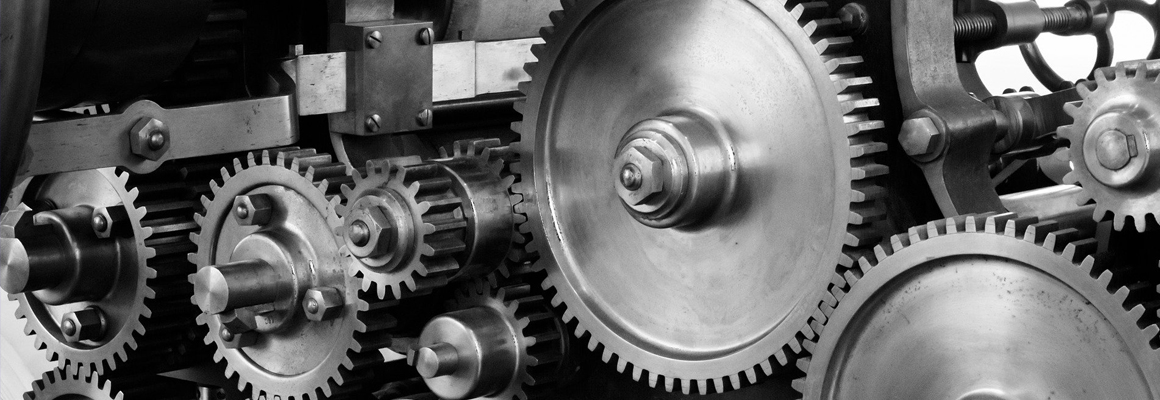What is Seal Rack Steering and How Does It Work?
You will get efficient and thoughtful service from xtnbk.
Understanding Seal Rack Steering
Seal Rack Steering has been recognized as a sophisticated steering mechanism that significantly improves maneuverability and stability in various vehicle types, especially in marine environments. This innovative system differentiates itself from traditional steering setups by creating a more straightforward connection between the steering wheel and the wheels, thus ensuring precise handling and quicker responsiveness.
How Seal Rack Steering Works
The functionality of Seal Rack Steering revolves around a simple yet effective assembly. It consists of a long horizontal rack attached to the vehicle's chassis. A pinion, which is linked to the steering column, plays a crucial role in the operation. As the driver turns the steering wheel, the pinion gears engage with the teeth of the rack, converting rotational motion into linear action. This motion pushes or pulls the steering arms that connect to the wheels, changing their orientation as required.
Key Components of Seal Rack Steering
- Rack: A lengthy bar with teeth on one side, providing the necessary contact surface for the pinion.
- Pinion Gear: A small round cog attached to the steering wheel, facilitating its rotation and interaction with the rack.
- Steering Arms: These components link the rack to the wheels, transferring motion from the rack to the wheels.
- Seals: Essential for preventing fluid leaks, these seals also enhance the longevity of the steering system.
The Benefits of Seal Rack Steering
One notable benefit of Seal Rack Steering is its effectiveness. By establishing a direct link between the driver’s steering input and the vehicle’s wheels, the system typically yields faster response times and fosters a more engaged driving experience. Additionally, its compact design liberates space within the vehicle, reduces excess weight, and can contribute to improved fuel efficiency.
Application in Modern Vehicles
Seal Rack Steering is gaining traction in a wide range of vehicles, including cars equipped with electric power steering systems that depend on this mechanism for precise control. Its application is particularly evident in marine vessels where accurate handling is of utmost importance. This steering system's capability to maintain stability during high-speed maneuvers or rough waters renders it a preferred option for watercraft.
Further reading:How to Navigate Online Silica Sand Purchase Efficiently
Challenges and Considerations
Understanding Two Piece Hose Fittings: Key Applications and Benefits
Despite the numerous advantages of Seal Rack Steering, regular maintenance is crucial for optimal performance. The seals must be routinely checked for any signs of wear, as damaged seals can lead to fluid leakage and reduced efficiency. Additionally, ensuring that the rack remains aligned is important to prevent uneven tire wear and inconsistent steering responses, highlighting the necessity for professional adjustments and ongoing maintenance.
Conclusion
As the automotive industry evolves, advancements in steering technology will likely reinforce the role of Seal Rack Steering as a dependable option for superior handling and responsiveness. Its distinctive design and operational efficiency set the stage for a more intelligent and enjoyable driving experience.
You can find more information on our web, so please take a look.
For more seal rack steering information, please contact us. We will provide professional answers.
471
0
0
All Comments (0)
Previous: Top Benefits of Fiberglass Seawall Panels: Essential Guide
Next: Understanding Two Piece Hose Fittings: Key Applications and Benefits
If you are interested in sending in a Guest Blogger Submission,welcome to write for us!




Comments